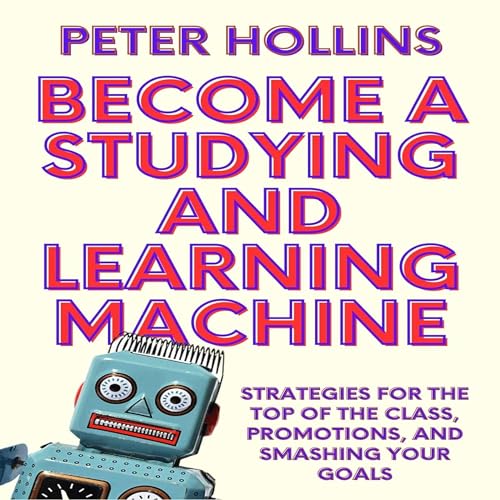00:00:33 Today's featured book from Peter Hollins is The Science of Introverts.
00:01:06 For today's episode, we're pulling from the beginning of Chapter 3
00:03:31 Irish researcher Ipek Kulahci
00:07:01 Typically, surveys having to do with personality type
00:09:36 Ryan Howell, a psychologist from San Francisco State University, conducted a study
00:12:29 Psychologists Wido Oerlemans and Arnold Bakker also conducted a study
00:15:32 Take, for example, the story of one Jason Comely, originator of rejection therapy.
00:20:47 Brigham Young University researcher Julianne Holt-Lunstad reviewed data
00:23:32 Here's the primary takeaway from today's episode.
The Science of Introverts: Explore the Personality Spectrum for Self-Discovery, Self-Awareness, & Self-Care. Design a Life That Fits. By Peter Hollins
Hear it Here - https://adbl.co/3S4Z79w
https://www.amazon.com/dp/B07L9C77YJ
Discover the hidden causes behind your behaviors and habits. Stop trying to impersonate someone you’re not.
We use the terms introvert and extrovert constantly. We use them to label ourselves and everyone we know. But what do they really mean? How much of so-called common knowledge is misconceptions and stereotypes?
The Science of Introverts will uncover everything you never knew about yourself and others, and will teach you how to take advantage of who you are and capitalize on your unique strengths.
Feel comfortable and confident in your own skin.
Think of The Science of Introverts as the most actionable textbook you’ve ever come across. It is filled with breakthrough and fascinating studies regarding introversion, extroversion, and personality in general -- and the lessons we can take and use to enrich our lives and feel more comfortable in our unique identities. You will begin a journey of self-discovery and find practical knowledge about yourself.
The backbone of the book is a deep dive into the science of personality, with over 30 studies synthesized, including the most recent and up-to-date research on the biology of introversion and personality.
Learn self-care and how to strategically manage your social capacity.
Peter Hollins has studied psychology and peak human performance for over a dozen years and is a bestselling author. He has worked with dozens of individuals to unlock their potential and path towards success. His writing draws on his academic, coaching, and research experience. He’s also a massive introvert – this book is written for introverts by an introvert.
Stop feeling pressure or obligated to be someone you’re not .
•An analysis of the major personality types and the difference in habits and behaviors they create. Also covers the concept of the HSP.
•The scientific basis for introversion and extroversion - and how they affect you.
•How to change your personality to be happier. Yes, really.
•An action guide for introverts to succeed socially even when they want isolation.
•Countless scientific discoveries about how introverts see the world and function differently.
Find solitude in our loud world without becoming a social hermit.
When you can understand what is pulling you in different directions, you can take charge and design a life that suits your needs, whims, and desires. This goes beyond social situations and into every aspect of your life. Knowing yourself is the key to moving towards a life you want.
 Oct 13 20251 min
Oct 13 20251 min Sep 18 202523 mins
Sep 18 202523 mins Sep 15 202515 mins
Sep 15 202515 mins Sep 9 202526 mins
Sep 9 202526 mins 18 mins
18 mins 25 mins
25 mins 13 mins
13 mins 19 mins
19 mins
